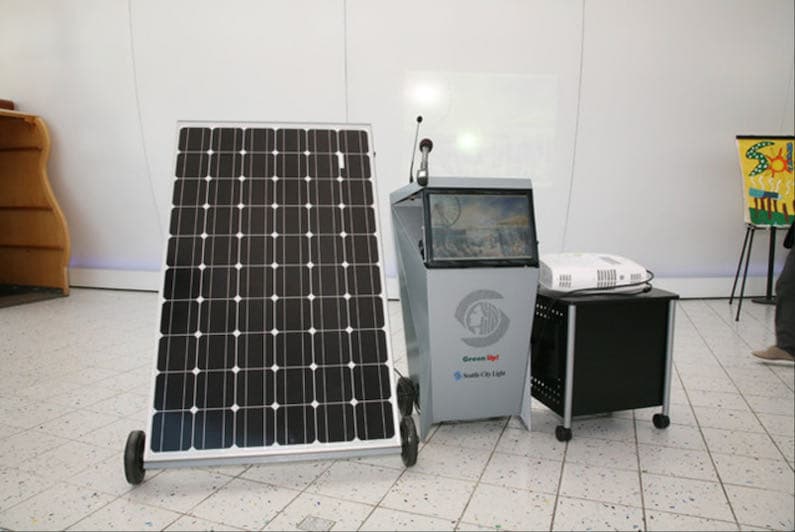Energy Conservation for Businesses
The current energy crisis in the western world is causing businesses, both small and large, to carry our energy audits to re-examine their use of utilities to look for possible cost savings. Whether the outcome is as simple as replacing a dirty filter in the HVAC system, or efficiency upgrades to old equipment, virtually everyone will be able to find ways to save energy. It is also important to realize that, as well as reducing the cost of doing business, saving energy also helps the environment.
It is a fact that, unless and until cheaper renewable energy sources replace our dependence on fossil fuels, prices will continue to go up, exacerbated by the war in Ukraine and Russia’s aggressive stance towards most of the rest of Europe.
According to the U.S. Small Business Administration about 40% of the electricity used in commercial buildings is for heating and cooling so it makes sense to control those systems as economically as possible. This can be difficult in large, commercial buildings—many of these offices were not designed with energy conservation in mind as energy costs at the time were often small, with limited impact on the bottom line. To help to establish a pro-active plan to reduce energy costs, it might be useful to commission a professional energy audit.
An audit will look at the total picture, from insulation and leakage, through thermostat settings, equipment efficiencies, lighting, and operating practices, to night and weekend usage.
In the meantime, these are a few suggestions to get started on an energy conservation campaign:
- Turn off lights when rooms are not being used. This simple step is often overlooked as lights are left on in offices, conference rooms, break rooms, and bathrooms, even when they aren’t being used.
- Use energy-efficient light bulbs. It is a fact that most businesses do not have a preventive maintenance system for their lighting: they only change bulbs when they fail. This is uneconomical as well as leading to reduced lighting levels over time. Bulbs should be replaced on a regular basis and only the most efficient energy-saving bulbs should be used.
- Switch off equipment when not in use. Computers, printers, and other electrical devices are commonly left switched on overnight, even though no one is using them. Make staff aware that they should power down when they leave the office. Similarly, they should put out the lights—cleaning staff will switch them on as and where needed.
- Avoid “phantom” or “vampire” energy. This is energy that is being consumed by equipment that has been switched off, but is still plugged in to the electrical supply. It is often assumed that because the machine is switched off, it is not drawing power but in fact, it is.
- Install programmable thermostats. If you are not already using these, installing them will allow you to set on/off times and temperatures throughout the twenty-four hours of each day, seven days a week, giving absolute control in the offices. A difference of only a few degrees can make a noticeable dent in the utility bill.
- Clean AC filters, ducts and vents. Ask your HVAC supplier for their recommendations on how often to clean or change filters and the best brand/type for your installation. Having clean filters will improve efficiency and also protect the equipment.
- Encourage energy-saving in your employees. As a business owner or manager, you can only do so much on your own: to really make an impact you need to make your staff aware that efficient energy usage is everyone’s responsibility. Reminding people to turn out lights and switch off equipment is a good place to start.
There are many more ways to save energy within your business, but implementing these tips is a good place to start.


Recent Comments